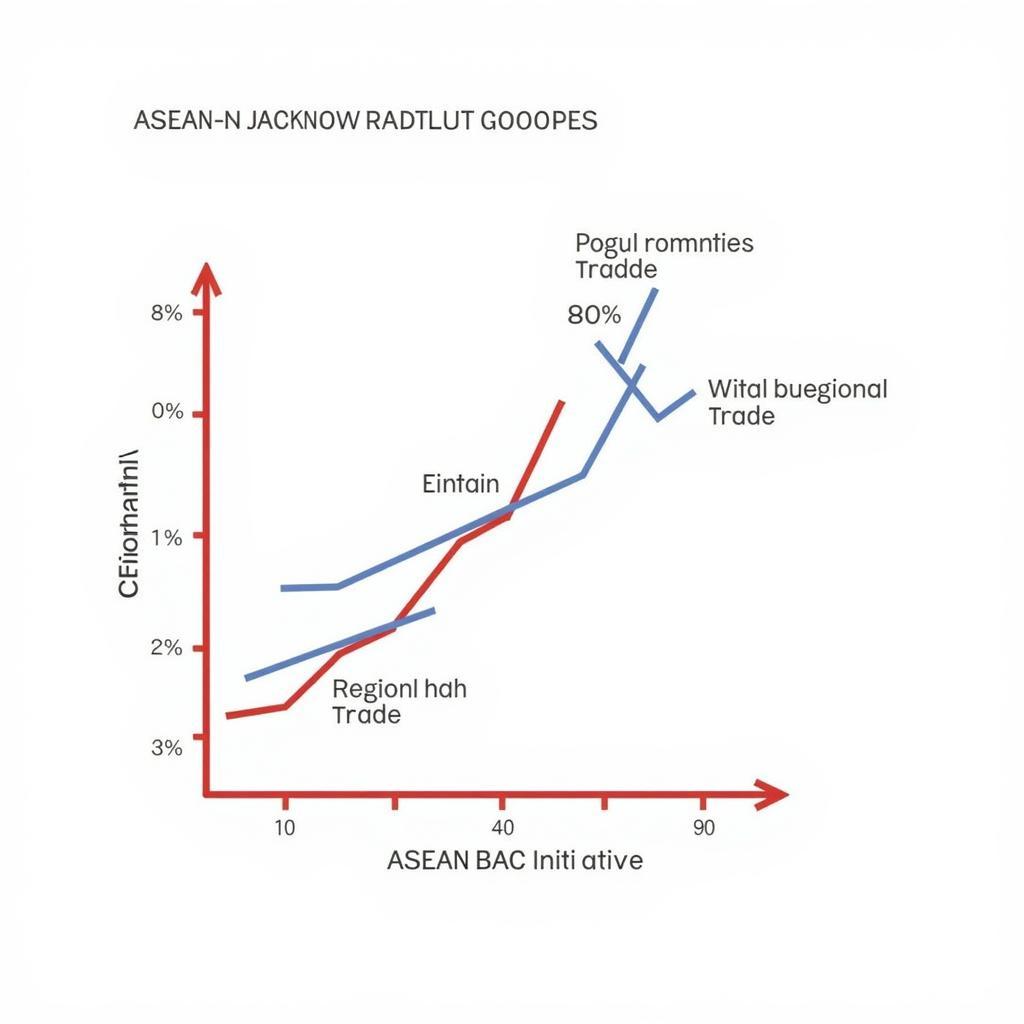The ASEAN Business Advisory Council (ASEAN-BAC) plays a crucial role in fostering economic growth and integration within the ASEAN region. Understanding the dynamics of Asean Business Council Members is key to navigating the diverse landscape of Southeast Asian commerce. This article delves into the intricacies of ASEAN-BAC, its membership, and its impact on regional business.
See more information about ASEAN BAC Indonesia: asean bac indonesia
The ASEAN-BAC serves as the primary voice of the private sector in engaging with ASEAN leaders. It provides valuable insights and recommendations on enhancing the ASEAN business environment and promoting regional economic integration. The council comprises prominent business leaders from each ASEAN member state, nominated by their respective governments. These individuals represent a wide range of industries, reflecting the dynamic and diverse nature of the ASEAN economy. The council’s work focuses on key areas such as trade facilitation, investment promotion, infrastructure development, and human capital development.
Understanding the Role of ASEAN Business Council Members
ASEAN business council members are tasked with a significant responsibility: championing the interests of the private sector within the ASEAN region. They act as a bridge between governments and businesses, facilitating dialogue and collaboration on issues critical to economic growth.
The Importance of Private Sector Engagement
The private sector is the engine of economic growth, and its active participation in policy formulation is essential for creating a conducive business environment. ASEAN business council members are instrumental in advocating for policies that promote investment, innovation, and competitiveness.
Facilitating Cross-Border Collaboration
ASEAN business council members also play a crucial role in facilitating cross-border collaboration among businesses. They promote networking, partnerships, and joint ventures, fostering regional economic integration and driving growth.
The Structure and Composition of the ASEAN-BAC
The ASEAN-BAC has a well-defined structure, ensuring effective representation and engagement with various stakeholders. Each member state nominates representatives to the council, reflecting the diversity of the ASEAN business landscape.
National Chapters and Working Groups
Each ASEAN member state has a national chapter of the ASEAN-BAC, comprising local business leaders. These chapters work closely with their respective governments and the regional council to address national and regional business concerns. The ASEAN-BAC also has several working groups focusing on specific areas, such as trade and investment, infrastructure, and human capital development.
Leadership and Decision-Making
The ASEAN-BAC has a rotating chairmanship, with each member state assuming leadership for a designated period. This ensures equitable representation and allows each country to contribute its unique perspectives and priorities to the council’s agenda. Decisions within the ASEAN-BAC are typically made through consensus, reflecting the collaborative spirit of the organization.
You might also be interested in ASEA official site: asea official site
The Impact of ASEAN-BAC on Regional Business
The ASEAN-BAC has made significant contributions to the development of the ASEAN economic community. Its recommendations have influenced policy decisions, leading to improvements in the business environment and greater regional integration.
Promoting Trade and Investment
The ASEAN-BAC has been instrumental in advocating for the reduction of trade barriers and the simplification of customs procedures. It has also promoted investment liberalization and facilitated cross-border investment flows. These efforts have contributed to increased trade and investment within the ASEAN region.
Enhancing Infrastructure Development
The ASEAN-BAC has also played a key role in promoting infrastructure development. It has advocated for greater public-private partnerships in infrastructure projects and has encouraged the development of regional infrastructure networks. These initiatives have improved connectivity and facilitated cross-border trade and investment.
You can find more details on ASEAN Business Advisory Council at: asean business advisory council
 ASEAN-BAC Impact on Regional Trade
ASEAN-BAC Impact on Regional Trade
Developing Human Capital
The ASEAN-BAC recognizes the importance of human capital development in driving economic growth. It has advocated for greater investment in education and training, as well as for the development of a skilled and adaptable workforce.
Conclusion
ASEAN business council members play a pivotal role in shaping the economic landscape of Southeast Asia. Their contributions to policy advocacy, cross-border collaboration, and regional integration are crucial for the continued growth and prosperity of the ASEAN community. Understanding their role and the structure of the ASEAN-BAC provides valuable insights into the dynamics of ASEAN business. This knowledge is essential for businesses operating in or considering entering the vibrant and dynamic ASEAN market.
Check out more about ASEA Conference NYC: ase conference nyc
FAQ
- What is the role of ASEAN-BAC?
- Who are the members of ASEAN-BAC?
- How does ASEAN-BAC influence policy?
- What are the key focus areas of ASEAN-BAC?
- How can businesses engage with ASEAN-BAC?
- What is the significance of ASEAN-BAC for regional economic integration?
- How does ASEAN-BAC contribute to human capital development?
Are you interested in the ASEA Advisory Council? Learn more here: asea advisory council
For further assistance, please contact us at Phone Number: 0369020373, Email: [email protected], or visit our address: Ngoc Lien Village, Hiep Hoa, Bac Giang, Vietnam. Our customer service team is available 24/7.

